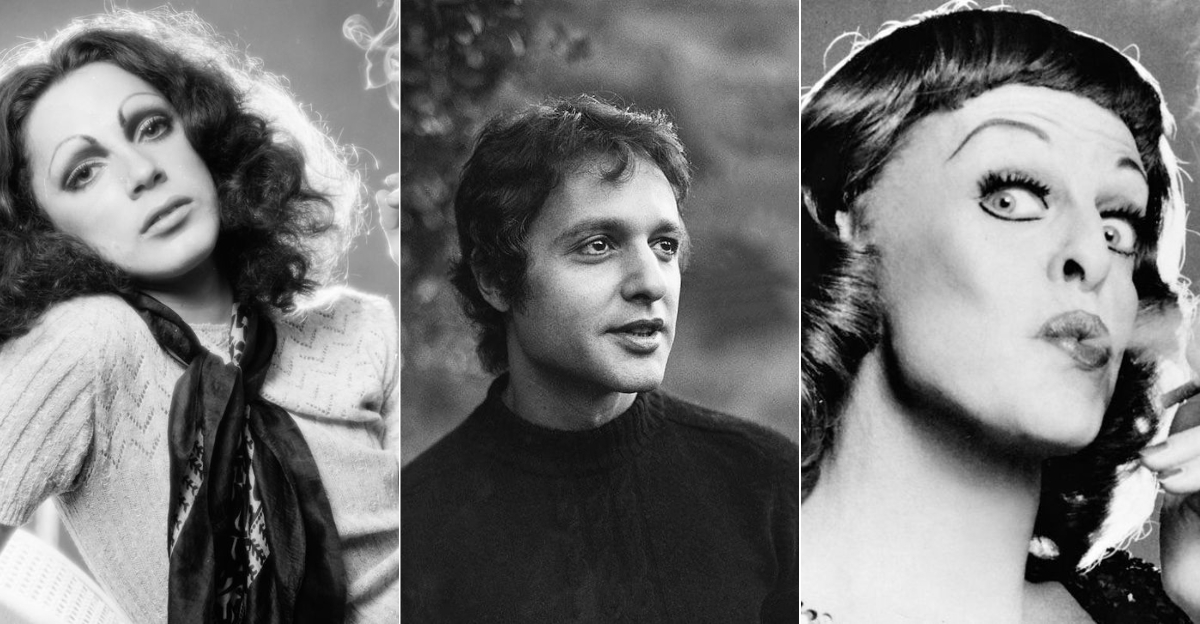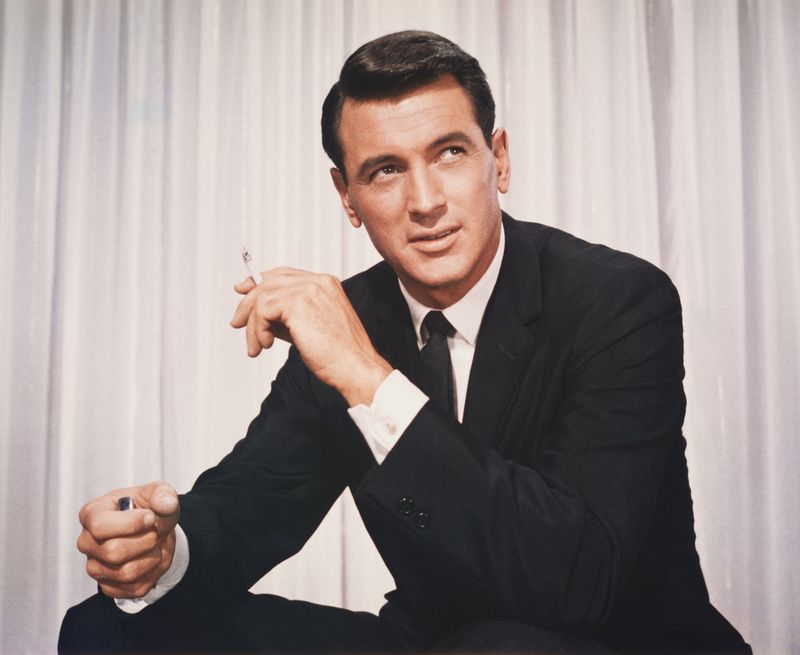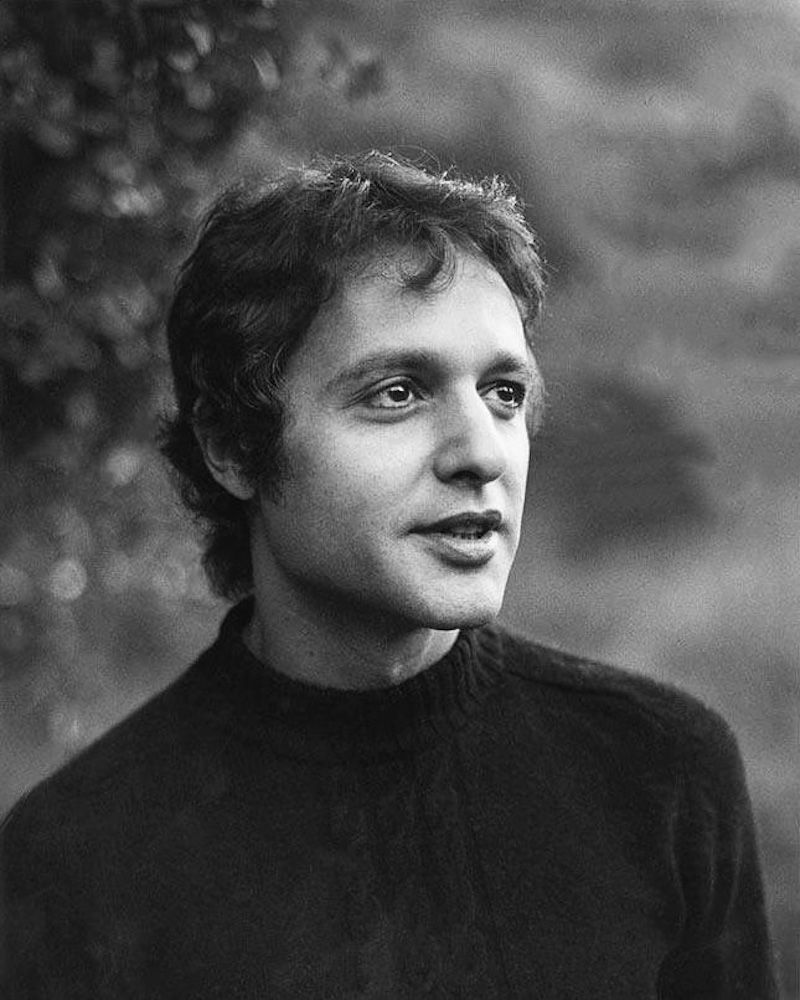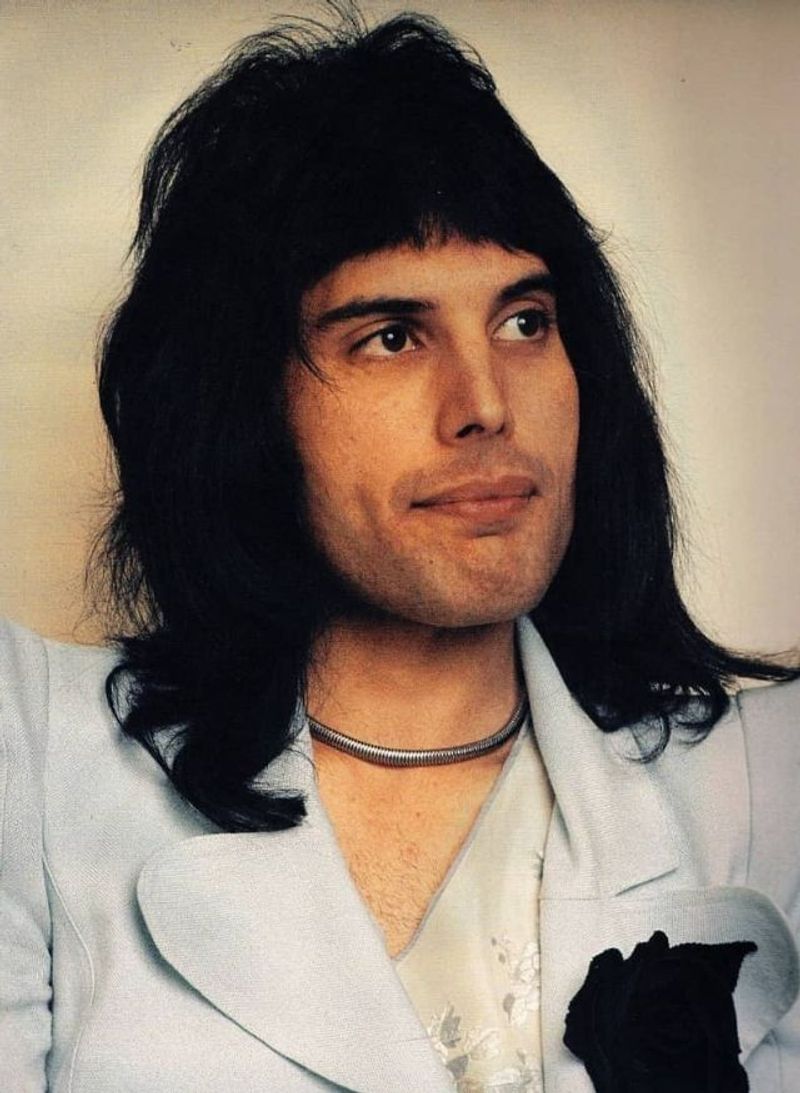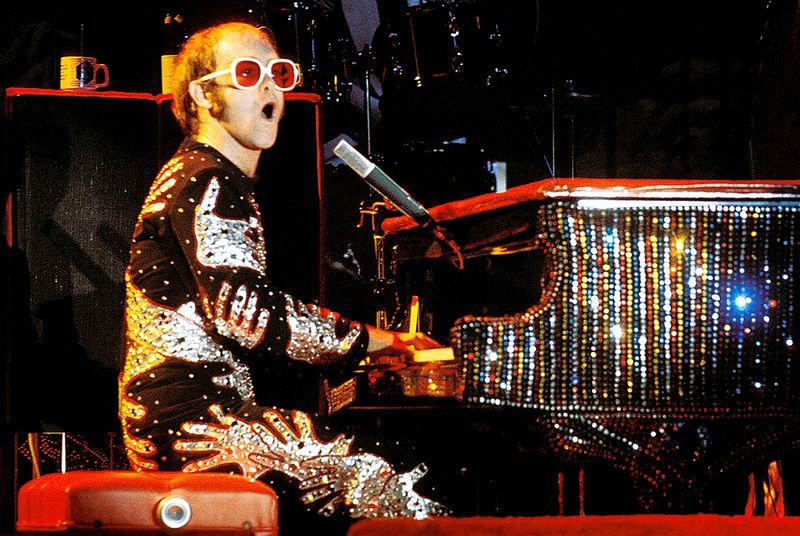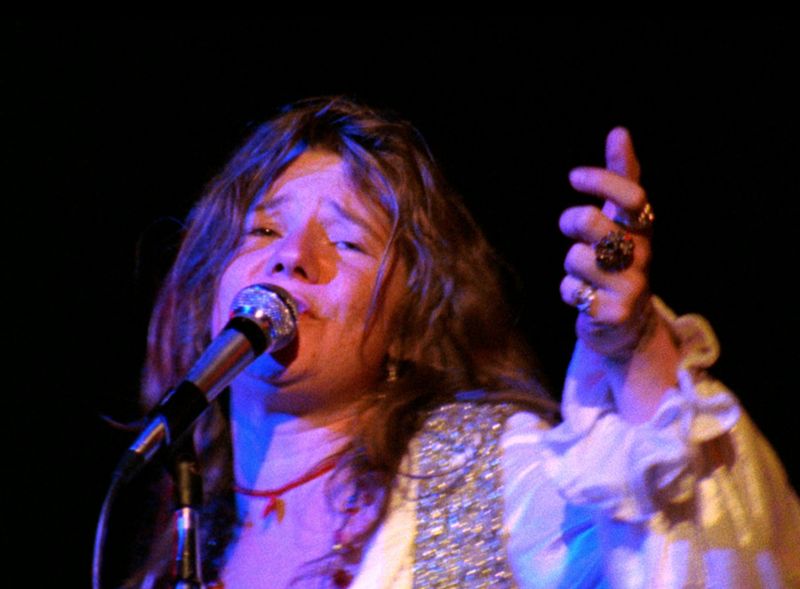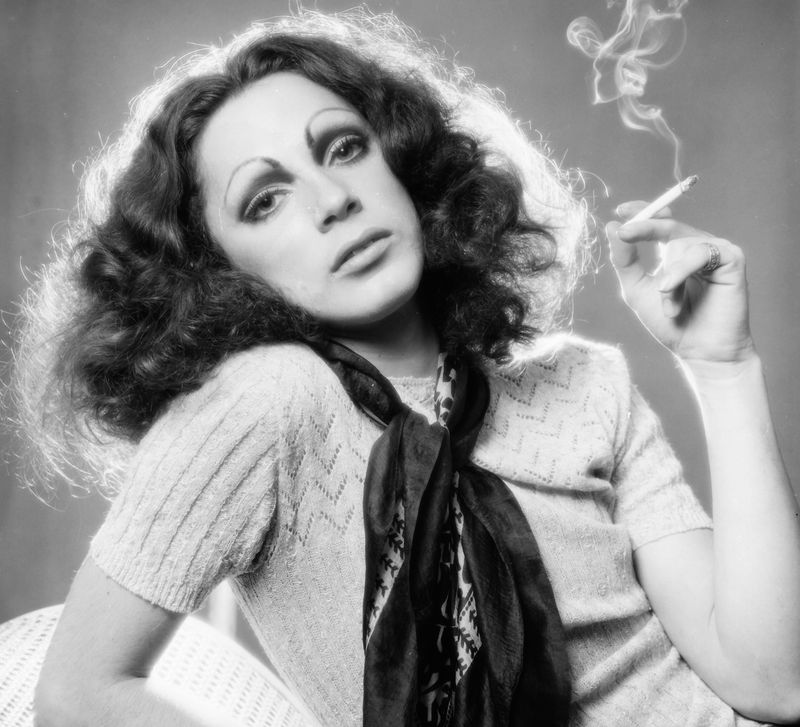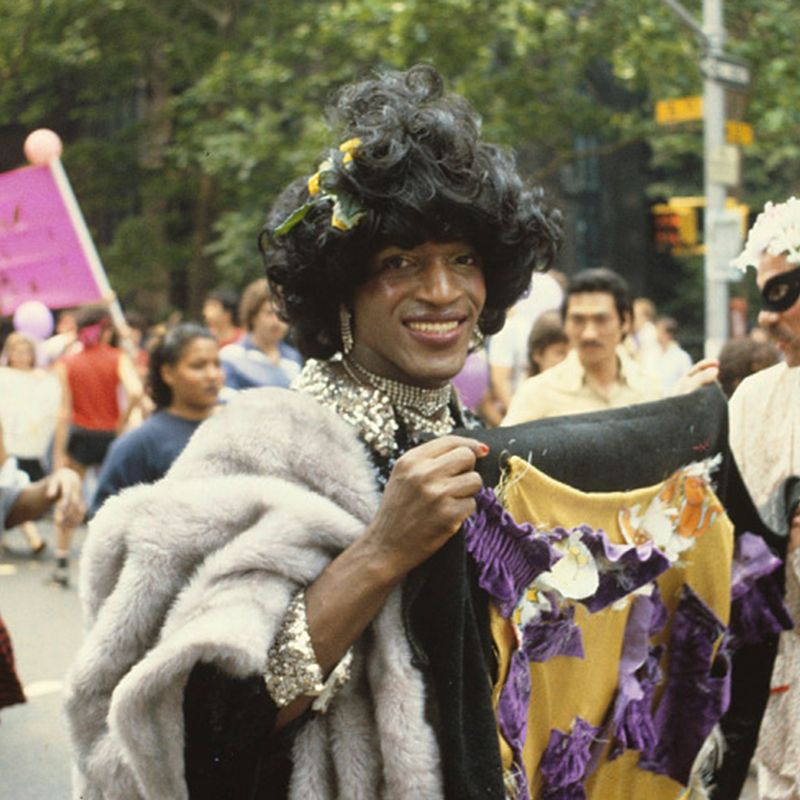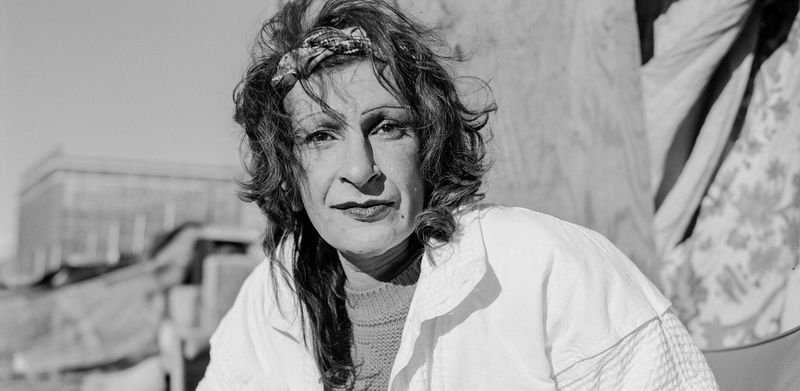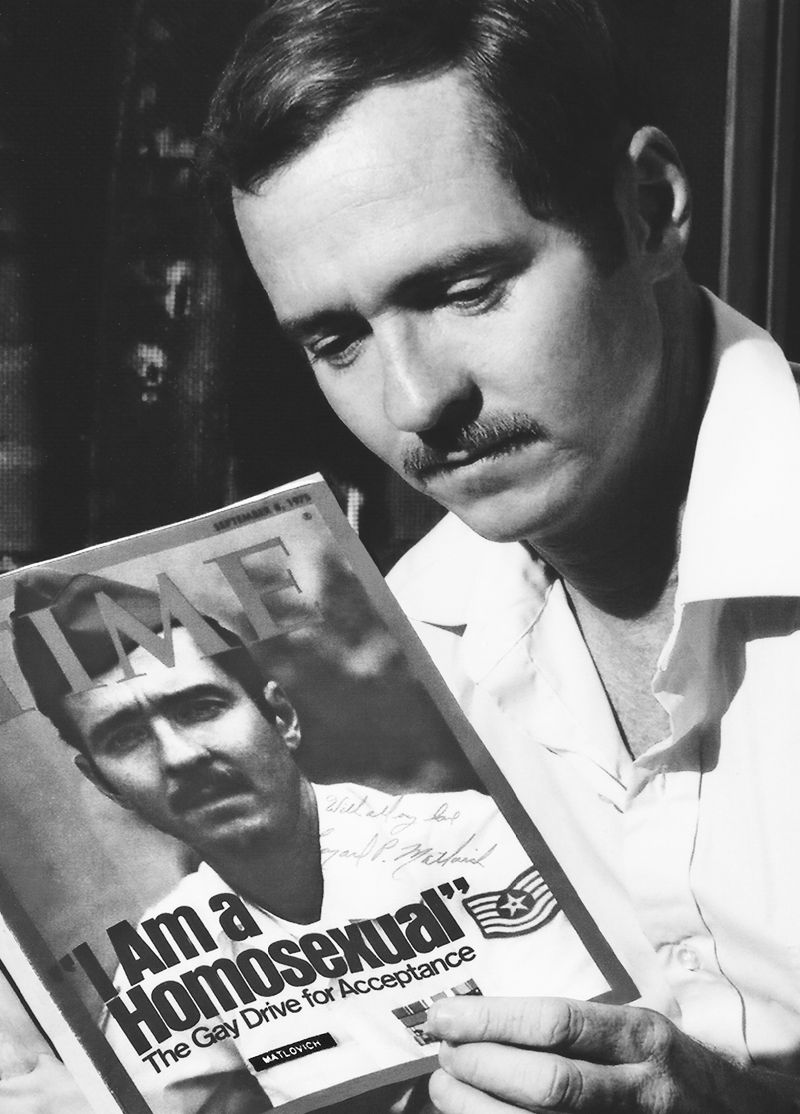The 1970s marked a pivotal era for LGBTQ+ celebrities who broke barriers and challenged societal norms. This decade was a time of both artistic innovation and personal bravery, as many public figures stepped into the spotlight and embraced their true identities. From film to music, and activism, these 19 LGBTQ+ celebrities not only entertained but also inspired a generation, paving the way for future icons. Their stories of resilience, creativity, and unapologetic authenticity continue to resonate today, reminding us of the enduring impact of their contributions to both culture and society.
1. Divine (1945–1988)
Divine’s larger-than-life persona and fearless approach to drag redefined the art form in the 1970s. Starring in John Waters’ cult classics like “Pink Flamingos” and “Female Trouble,” Divine’s performances were a bold statement against societal norms. Her extravagant style and unapologetic presence made her a symbol of queer rebellion. Beyond the shock value, Divine’s work challenged audiences to confront their own prejudices, leaving an indelible mark on both the film industry and LGBTQ+ culture. Known for her unique blend of humor and defiance, Divine remains an iconic figure in queer history.
2. Rock Hudson (1925–1985)
Rock Hudson, a quintessential Hollywood heartthrob, lived a dual life in the public eye. Known for his roles in romantic comedies and dramas, he maintained his status as a leading man while concealing his true identity. In the 1980s, Hudson courageously acknowledged his battle with AIDS, becoming one of the first celebrities to do so. This revelation brought attention to the epidemic, highlighting the struggles faced by the LGBTQ+ community. Hudson’s legacy is one of bravery and grace, as he transformed personal tragedy into a platform for awareness and change.
3. Lily Tomlin (b. 1939)
Lily Tomlin’s remarkable career in comedy and acting blossomed during the 1970s. Known for her sharp wit and memorable characters on shows like “Laugh-In,” Tomlin’s work pushed boundaries and offered visibility to the LGBTQ+ community. A trailblazer for lesbian representation, she used her platform to advocate for queer rights. Tomlin’s unique ability to blend humor and social commentary set her apart, making her a beloved figure in entertainment. Her contributions to comedy continue to influence generations, proving that laughter can be a powerful tool for change.
4. Sal Mineo (1939–1976)
Sal Mineo’s transition from 1950s teen idol to an openly bisexual actor in the 1970s marked a significant moment in Hollywood. Known for his role in “Rebel Without a Cause,” Mineo broke new ground by publicly embracing his bisexuality. This brave act challenged the industry’s status quo and inspired others to live authentically. Despite facing career setbacks, Mineo’s legacy endures as a symbol of courage and resilience. His willingness to defy societal expectations paved the way for future LGBTQ+ representation in film, making him a true pioneer.
5. Harvey Fierstein (b. 1954)
Harvey Fierstein emerged as a groundbreaking figure in queer theater during the 1970s. Known for his distinct voice and compelling storytelling, Fierstein’s early work laid the foundation for his later success in “Torch Song Trilogy.” His plays addressed issues of identity, love, and acceptance, resonating deeply with audiences. Fierstein’s contributions to the arts were instrumental in amplifying LGBTQ+ voices, challenging stereotypes, and fostering understanding. As a playwright and performer, he has become a cherished icon in both theater and the LGBTQ+ community, celebrated for his authenticity and passion.
6. Freddie Mercury (1946–1991)
Freddie Mercury, the enigmatic frontman of Queen, captivated audiences with his extraordinary talent and magnetic stage presence. While he never officially came out, Mercury’s relationships and flamboyant persona made him an undeniable LGBTQ+ icon. His ability to connect with fans through powerful performances and timeless music transcended barriers. Mercury’s legacy as a trailblazer in rock music endures, inspiring countless artists and fans. Known for his operatic range and theatrical flair, his influence on both the music industry and LGBTQ+ culture remains profound and everlasting.
7. Elton John (b. 1947)
Elton John, with his flamboyant style and unforgettable melodies, became a trailblazing figure in 1970s rock. Though he came out as bisexual in 1976, his impact on LGBTQ+ visibility was tangible even earlier. Known for hits like “Rocket Man” and “Your Song,” John’s music resonated with audiences worldwide. His openness about his sexuality in a conservative industry challenged norms and inspired acceptance. Beyond his musical achievements, John’s advocacy for LGBTQ+ rights has had a lasting impact. His artistry and courage continue to influence both the music world and the fight for equality.
8. David Bowie (1947–2016)
David Bowie shattered conventions with his androgynous Ziggy Stardust persona in the early 1970s. His bold declaration of being gay (later identifying as bisexual) challenged societal norms and opened doors for gender fluidity in music and fashion. Bowie’s ability to reinvent himself artistically set him apart, making him a cultural icon. His influence extended beyond music, shaping the world of fashion and art. Bowie’s legacy of challenging norms and embracing individuality continues to inspire new generations, solidifying his place as a visionary and enduring symbol of creative freedom.
9. Sylvester (1947–1988)
Sylvester’s vibrant presence in the disco scene of the 1970s made him a beloved figure in LGBTQ+ culture. Known for the hit “You Make Me Feel (Mighty Real),” his music celebrated individuality and self-expression. Openly gay, Sylvester became a beacon of empowerment within the San Francisco queer community. His unique voice and energetic performances captivated audiences, bridging gaps between mainstream and queer culture. Sylvester’s legacy lives on as a symbol of pride and resilience, reminding us of the transformative power of music and dance.
10. Janis Joplin (1943–1970)
Janis Joplin’s brief but impactful career left an indelible mark on music and LGBTQ+ culture. Known for her powerful voice and free-spirited persona, Joplin’s open bisexuality defied societal norms. Her performances were imbued with raw emotion, resonating deeply with fans. Though she passed away just before the 1970s, her influence on the decade’s music and queer culture was profound. Joplin’s legacy as a trailblazer for authenticity and self-expression endures, inspiring a generation to embrace their true selves and challenge the status quo.
11. Ellen DeGeneres (b. 1958)
Ellen DeGeneres began her rise to fame in the 1970s as a stand-up comedian, laying the groundwork for her future success. Known for her relatable humor and kind-hearted nature, DeGeneres resonated with diverse audiences. Though she publicly came out in the 1990s, her early career set the stage for her later influence as a leading lesbian figure in entertainment. Ellen’s ability to connect with people through laughter and empathy has made her a cherished icon. Her contributions to comedy and LGBTQ+ visibility have left an enduring impact on both television and society.
12. Charles Pierce (1926–1999)
Charles Pierce’s legendary status as a female impersonator in the 1970s made him a beloved figure in underground queer entertainment. Known for his witty and elegant performances, Pierce captured the essence of Hollywood divas, delighting audiences with charm and humor. His ability to transform into iconic female personalities transcended mere impersonation, celebrating the art of drag. Pierce’s work challenged gender norms and provided a platform for LGBTQ+ expression. His influence on drag culture remains significant, inspiring future generations of performers to embrace their true selves with confidence and grace.
13. Quentin Crisp (1908–1999)
Quentin Crisp became an unexpected counterculture icon in the 1970s after the adaptation of his memoir, “The Naked Civil Servant.” Openly gay in a time of prejudice, Crisp’s flamboyant personality and unapologetic lifestyle challenged societal norms. His witty insights and candid reflections on life resonated with audiences, making him a celebrated figure in LGBTQ+ history. Crisp’s legacy as a raconteur and advocate for authenticity continues to inspire those seeking to live openly and fearlessly. His contributions to literature and queer culture remain timeless, encouraging individuality and self-acceptance.
14. Holly Woodlawn (1946–2015)
Holly Woodlawn’s journey from Miami to Andy Warhol’s Factory in New York made her a pioneering transgender actress. Known for her role in “Trash,” Woodlawn became one of the first openly trans public figures in entertainment. Her unique blend of humor and vulnerability captured the spirit of the counterculture movement. Woodlawn’s work challenged gender norms and provided visibility to the transgender community. Her legacy continues to inspire artists and activists, reminding us of the power of authenticity and the importance of representation in media.
15. Candy Darling (1944–1974)
Candy Darling’s glamorous presence and talent made her a celebrated figure in Andy Warhol’s circle. Known for her roles in “Women in Revolt” and as the inspiration for Lou Reed’s “Candy Says,” Darling’s impact on LGBTQ+ culture was profound. As a transgender actress, she challenged societal norms, paving the way for more inclusive representation. Her beauty and charisma captivated audiences, leaving an enduring legacy in both film and queer history. Darling’s contributions continue to resonate, reminding us of the importance of embracing one’s true identity with confidence and grace.
16. Marsha P. Johnson (1945–1992)
Marsha P. Johnson’s vibrant spirit and unwavering activism made her a key figure in the fight for LGBTQ+ rights. As a drag queen and co-founder of STAR (Street Transvestite Action Revolutionaries), Johnson played a crucial role in the Stonewall uprising. Her dedication to supporting homeless LGBTQ+ youth and advocating for transgender rights left a lasting impact. Known for her infectious joy and resilience, Johnson’s legacy continues to inspire generations of activists. Her contributions to the movement are celebrated as a testament to the power of community and solidarity.
17. Sylvia Rivera (1951–2002)
Sylvia Rivera, a tireless advocate for transgender and queer rights, was a powerful force in the LGBTQ+ movement of the 1970s. As a Latina transgender activist and veteran of the Stonewall uprising, Rivera’s voice was instrumental in fighting for marginalized communities. Her courage in addressing issues of homelessness and discrimination made her a revered figure in LGBTQ+ history. Rivera’s legacy of activism and resilience continues to inspire new generations, reminding us of the ongoing struggle for equality and justice. Her dedication to inclusivity and representation remains a guiding light.
18. Leonard Matlovich (1943–1988)
Leonard Matlovich’s courageous stand against the U.S. military’s ban on gay service members made him a pioneering figure in LGBTQ+ rights. A decorated Vietnam veteran, Matlovich became the first openly gay service member to challenge the discriminatory policy. His story captured national attention, symbolizing the fight for equality in the armed forces. Matlovich’s legacy as a trailblazer in advocating for LGBTQ+ rights endures, inspiring future generations to continue the pursuit of justice. His unwavering courage and determination remain a testament to the power of standing up for one’s beliefs.
19. Del Martin (1921–2008) & Phyllis Lyon (1924–2020)
Del Martin and Phyllis Lyon’s enduring partnership and commitment to LGBTQ+ rights made them pioneers in the fight for equality. As co-founders of the Daughters of Bilitis, the first major lesbian organization, they provided support and advocacy for lesbian women. Their dedication to social change was further solidified when they became one of the first couples to legally marry in California. Martin and Lyon’s legacy of love and activism continues to inspire, reminding us of the transformative power of partnership and the ongoing fight for equality and justice.
